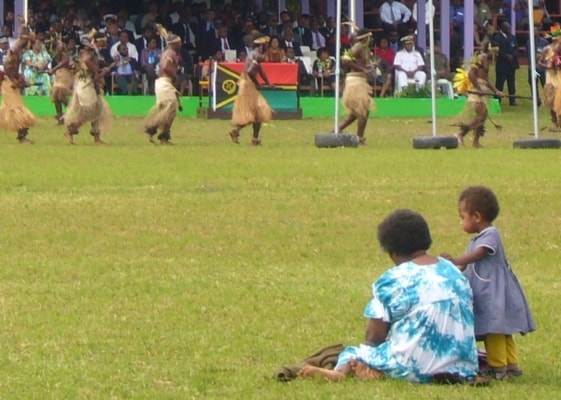Social protection has been an important tool in shaping relations between citizens and the state and contributing to social peace and economic development since Timor-Leste became a sovereign state in 2002. This paper draws on mixed-methods data to consider how people perceive fairness and deservingness in relation to social protection, and how that shapes prospects for social protection in a context where veteran support is politically charged. it examines the three main social assistance schemes that have been in place since 2008: cash payments to veterans; Support Allowance for the Elderly and People with Disabilities; and Bolsa da Mae (mother’s purse) for children in vulnerable households.
Key findings include:
- There is a significant level of social motivation for assisting others, which resonates with local norms and practices in Timor-Leste and perceptions of societal contribution as social and collective, not simply economic.
- There are equity concerns about the disparity in government payments due to the differences in transfer amounts provided by the different schemes.
- Different generations diverge on who should be prioritized for government payments; young people (30 years and under) give significantly less to profiles featuring veterans than those over 30.
This is a crucial moment to open up discussions about social assistance allocations to avoid a cliff edge scenario whereby payments abruptly cease due to lack of funds, which may pose a threat to political stability. Deeply embedded ideas mean that any policy changes will need to be framed in alignment with existing values and moral criteria, rather than challenging them completely. Ways forward to do this include listening to young people’s voices, addressing exclusion and re-framing distribution based on perceptions of fairness and equity.
A Tetun-language version of this paper is available to download here.












